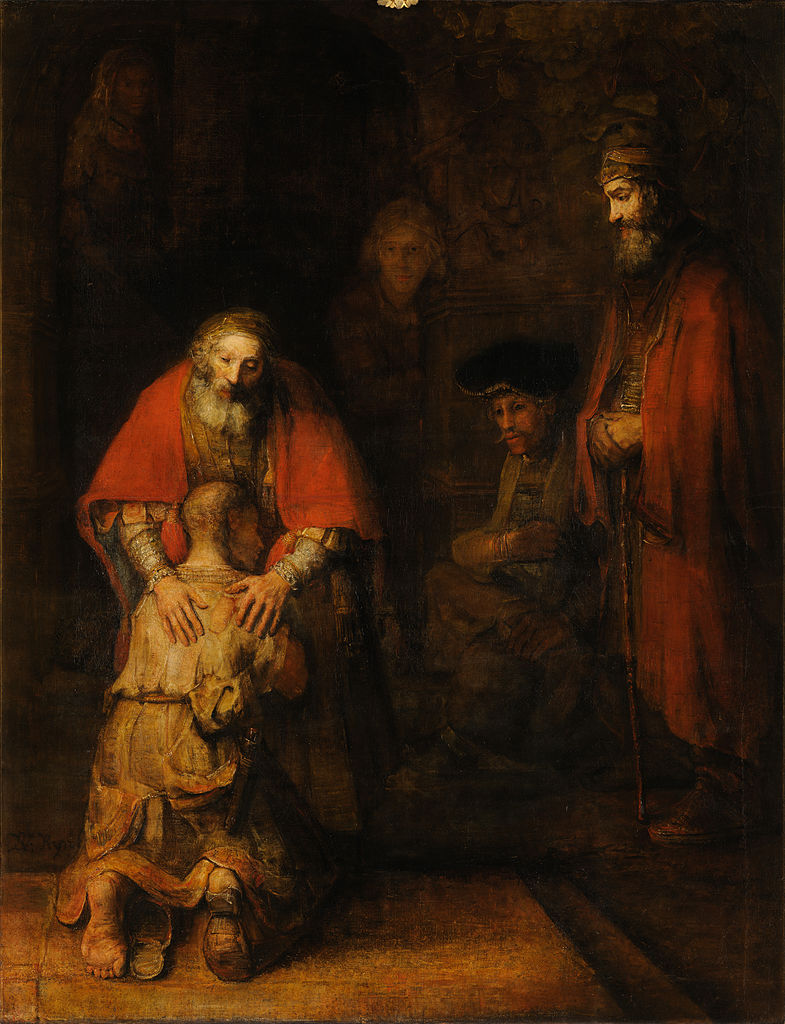I love this expression. It is a turn of phrase used by Jean Vanier to help explain our role in nourishing of others: “We become bread for each other because God became bread for us.”
As I mentioned in my last post, one of the dangers of too much time and space is pre-occupation. I do not think I am alone in being susceptible to this. It is the disease of the wealthy, western world where we can - all too often - use our time and space to indulge ourselves, and our anxieties. In his novel, The Year of the Runaways, one of Sahota's protagonists, Avtar, reflects on the tendancy of the rich to over-think. He is an illegal immigrant from India living day to day in fear of police raids, hunger and the loan sharks who threaten his family back home, and he is exasperated with a wealthy British Indian professor who offers to help him, but seems to spend most of his time bemoaning his existence: "[Avtar] gave in to his anger. What decadence this belonging rubbish was, what time the rich must have if they could sit around and weave great worries out of such threadbare things."
He is right. We worry about everything. And nothing. Tiny, little issues gnaw away at us. We over-reflect. Over-analyse. Replay conversations. Reconstruct past events and wonder - painfully - what we should have, could have done or said differently. I realise that I am particularly prone to such behaviour. I am a chronic over-thinker. But I am not the only one (I hope)
What I love about Vanier's writing is that he does not deny the need for us to deal with our own issues: we need to face our anxieties and our fears. We need to examine our hearts and minds. We need to think. And the need to 'belong' is certainly not rubbish. It is at the core of our being in a way that cannot be ignored. But we can obsess, and wallow, over such things to the detriment of our ourselves and others. We can spent too long lamenting what we do not have instead of appreciating what we do. And sometimes it is only by being with one another that we can start to make sense of ourselves. We make more sense in community. More than that: we make more sense when we are giving of ourselves to others. This, I think, is the essence of what Jesus means when he says, it is better to give than to receive. He is not just talking about material possessions - although he does have a point there - he is talking about what we do with our time and energy, our encouragements and thought processes. It is in the giving away of ourselves that we flourish; it is in the giving away of ourselves that we draw closer to God as we see the face of Christ one another. (Matthew 25:45)
An unnamed co-worker of Mother Teresa in a book of her meditations puts this rather more bluntly: "Lord, I have found you in the terrible magnitude of the suffering of others. I have seen you in the sublime acceptance and unaccountable joy of those whose lives are racked with pain and I have heard your voice in the words of those whose personal agony mysteriously increases their selfless concern for other people. But in my own niggling aches and petty sorrows I have failed to find you. I have lost the drama of your great redemptive passion, in my own mundane weariness and the joyful life of Easter is submerged in the drabness of self-preoccupation."
Ouch. This is a little damning. But it is also a little too close to home. Niggling aches. Petty sorrows. Selfishness. Pre-occupation. I am not disputing that there are times when it is necessary for us to pay close attention to how we feel and think. I am also not disputing that anxiety and depression are very real things that need to be understood more than they are, and responded to with more compassion than they are. But - and this is perhaps a but for me more than anyone else - we can miss out of some of the glorious goodness of God and his purposes for us, if we do not turn away from ourselves and towards one another. We see God, and ourselves, more clearly when we are in the business of nourishing others. As we nourish, we too are nourished, and we enable others to become nourishment.
We do not do this, and cannot do this, without God. At least not in a sustainable way. When Jesus feeds the five thousand - when he provides nourishment for those in need of it - he does four things. He takes the bread, he blesses the bread, he breaks the bread and he gives the bread away. (Matthew 14:19) So too with us. God takes us. In all our brokenness and beauty, our mistakes and excuses, our shortcomings and successes. We give ourselves to Him and he blesses us. He fills us with Himself (Colossians 2:9-10). We are equipped and enabled by His Spirit. And then we are broken. Not as we once were by our own doing, but broken by him, broken out of our selfishness and pride, our selfcentredness and isolation, broken that we might be given away. Our lives become sacrament. We become bread.





